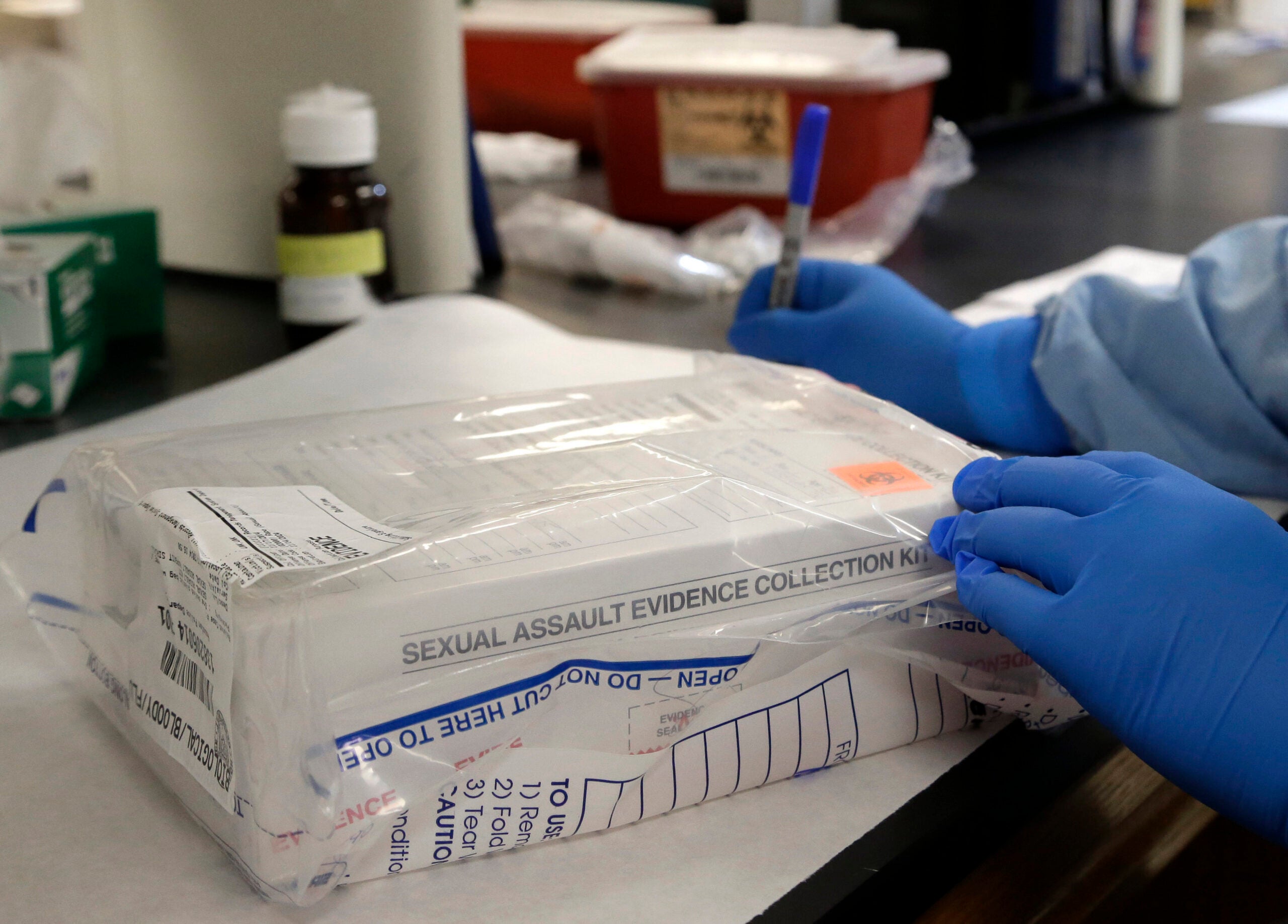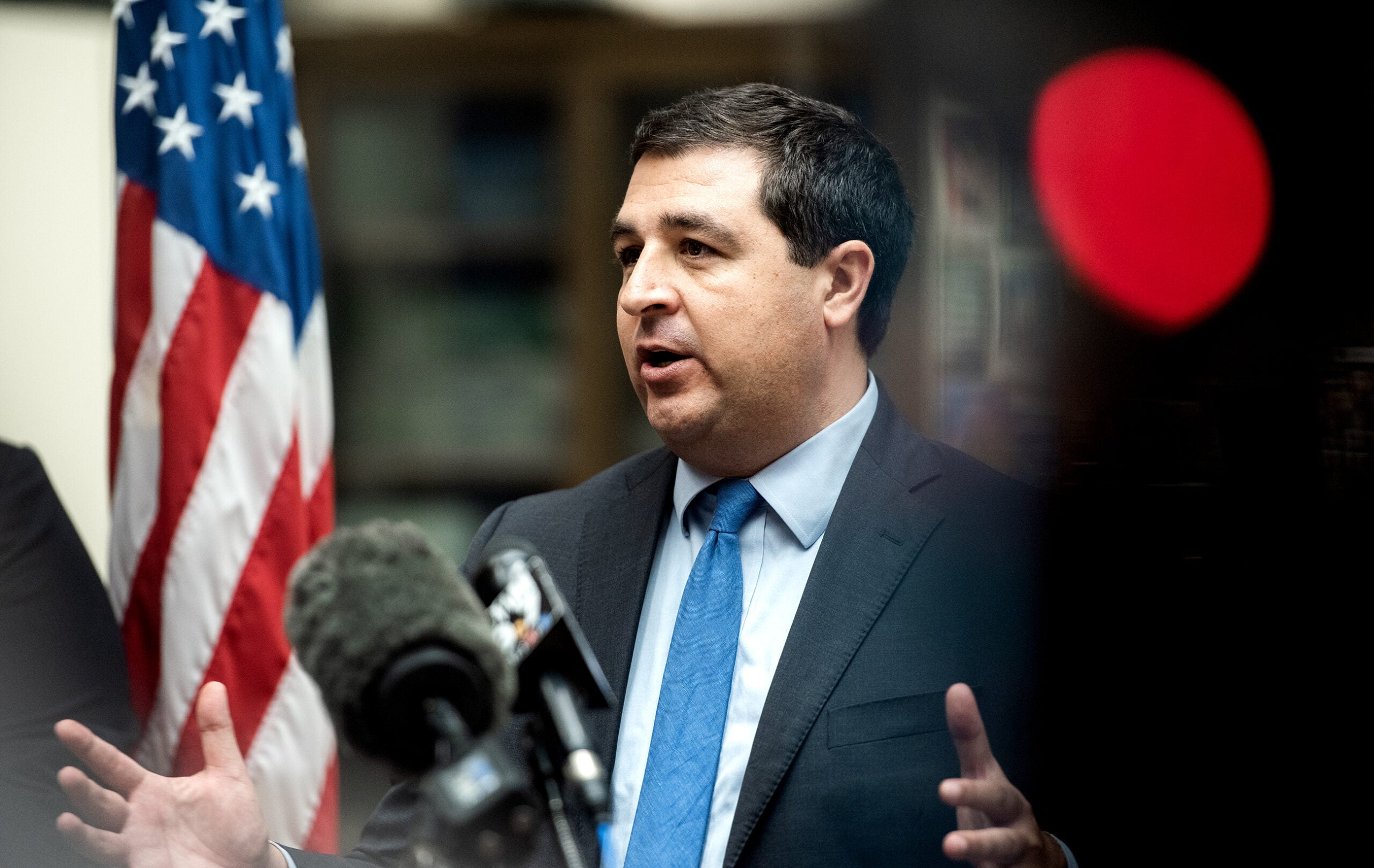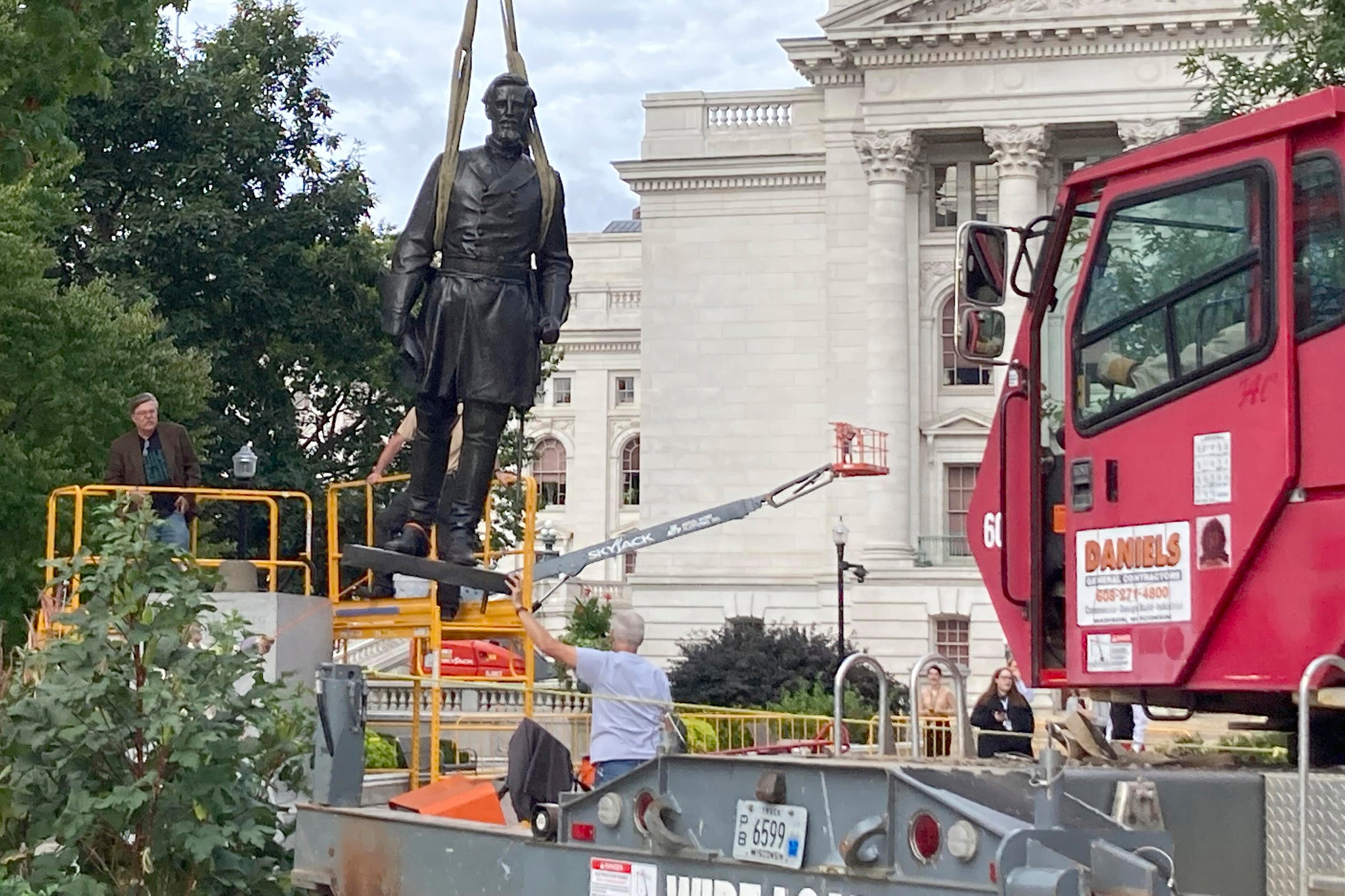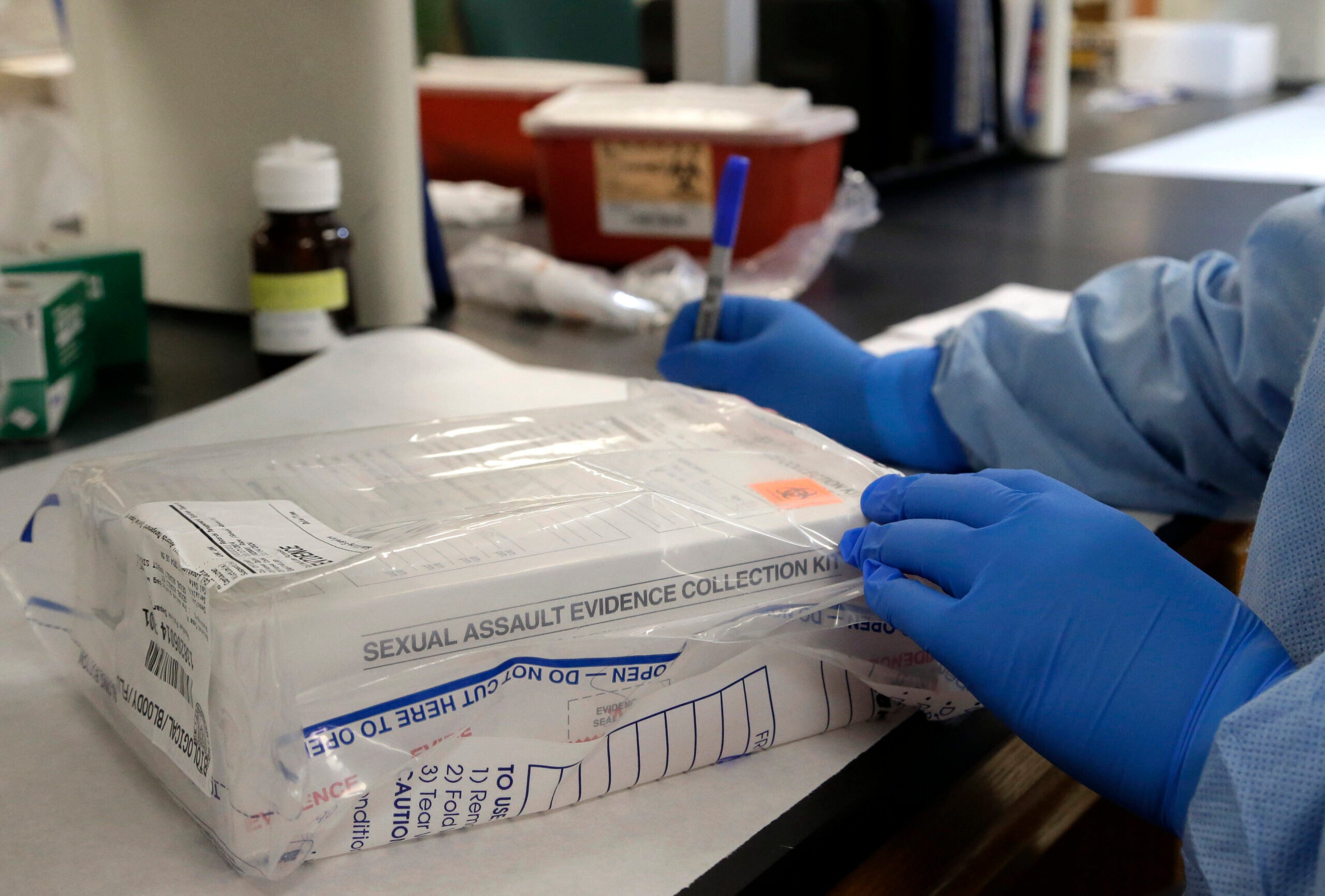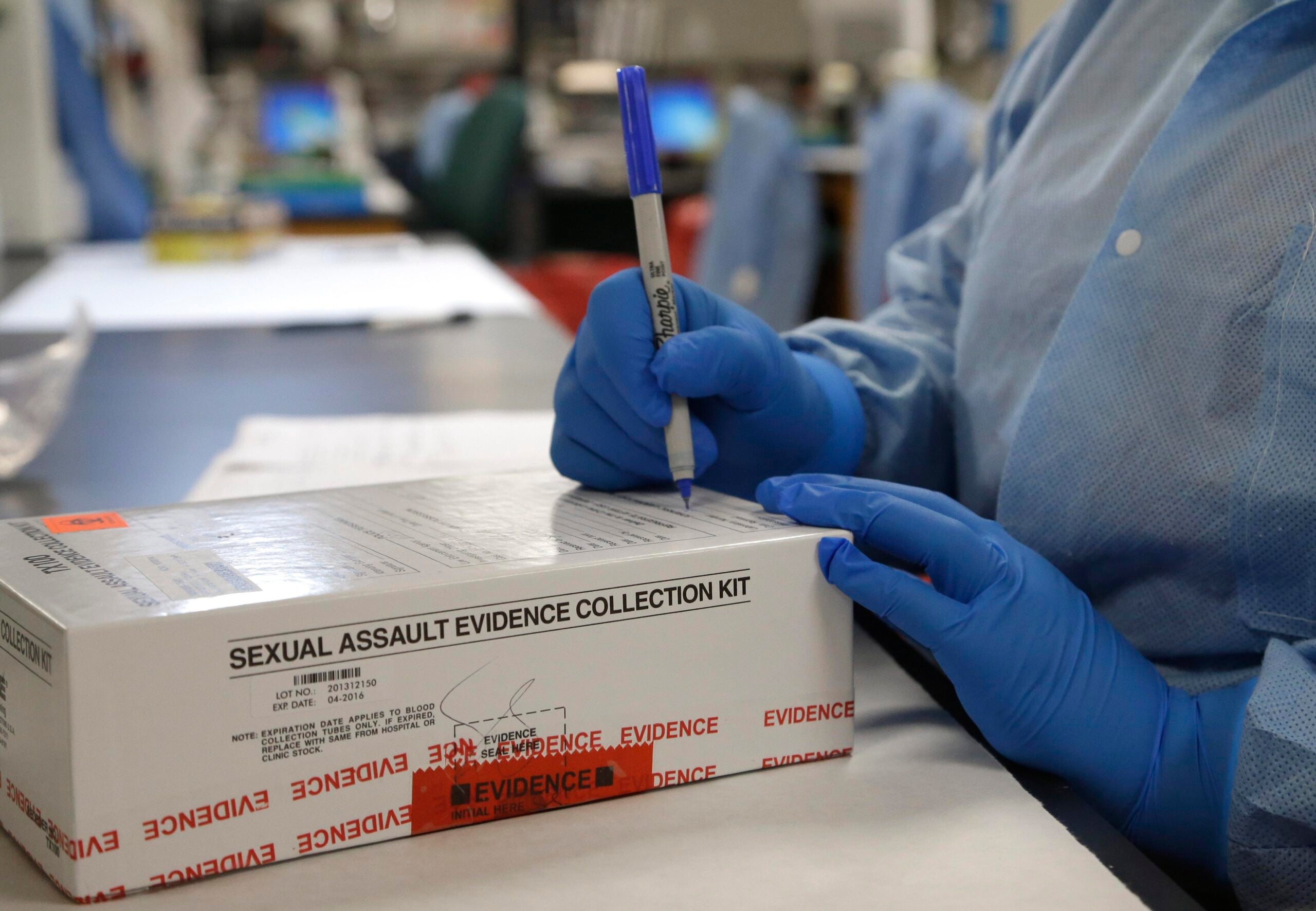Wisconsin Attorney General Josh Kaul said Wednesday a new law going into effect in the state this week will prevent another backlog of untested sexual assault kits.
The law sets out timelines for kit collection, processing and storage. If a sexual assault victim chooses to report the assault to police, the health care professional who conducts a forensic examination is required to notify law enforcement within 24 hours of collecting a kit. The agency is then required to take possession of the kit within 72 hours, and send the kit to the state crime laboratories for processing within the next 14 days.
The law also offers provisions for kit storage for 10 years for those who choose not to pursue a criminal investigation initially, and outlines a procedure for processing for those who report to law enforcement at a later time.
News with a little more humanity
WPR’s “Wisconsin Today” newsletter keeps you connected to the state you love without feeling overwhelmed. No paywall. No agenda. No corporate filter.
“This is really transformative for our response to sexual assault in Wisconsin,” Kaul said at a press conference. “By testing every kit, we are doing everything we can to get justice for survivors of sexual assault, and we’re also making our communities safer by working to hold people who’ve committed a dangerous crime accountable.”
The state Department of Justice discovered a backlog of thousands of untested kits in 2014. Testing on those kits was eventually completed four years later. Democrats criticized then-Attorney General Brad Schimel for the time it took to go through the backlog.
In 2019, a bill setting out guidelines for future testing passed the Senate with bipartisan support, but the proposal initially was not scheduled for a public hearing in the Assembly’s health committee. Assembly GOP lawmakers eventually adjusted it to include provisions on immigration and school choice. It failed to become law because both the Senate and Assembly couldn’t agree on an identical bill.
Eventually, a bill closer to the original proposal passed both houses and was signed by Gov. Tony Evers into law late last year.
State Sen. Melissa Agard, D-Madison, a sponsor of last year’s bill, called the backlog an “unimaginable reality.”
“Victims and survivors of sexual assault have already gone through the unimaginable, and their path forward to justice and to healing should never be obstructed or delayed,” Agard said.
Agard said the law would uphold the dignity of survivors, protect those who choose not to report their assault originally, and allow them to change their mind later.
“While I know that there is not one piece of legislation … that is ever going to erase the trauma of sexual violence, we need to know that there are ways that we can remove these barriers to justice,” Agard said. “Even in a government that feels really broken, we can come together.”
Dane County Sheriff Kalvin Barrett said the law is “an historical step toward shifting the paradigm to our victims and our survivors.”
“Our role in an investigation is to ensure safety, minimize additional trauma, be there for support and ensure the victim has a choice in this process,” Barrett said. “(The law) allows these priorities to be at the forefront of each and every one of our sexual assault investigations moving forward.”
Kaul noted sexual assault is an underreported crime. According to a U.S. Department of Justice report, about two thirds of rapes and sexual assaults in the country went unreported in 2019.
“The more that we can do to make clear to survivors that we stand with them and the process is going to be one that empowers survivors, the more that I think we’re going to see those reporting rates increase,” Kaul said. “What we really don’t want to do is re-traumatize survivors of sexual assault by putting them in a position where they lose control of the process.”
The law follows the introduction last month of a tracking system allowing assault survivors to track evidence processing in their cases.
Wisconsin Public Radio, © Copyright 2026, Board of Regents of the University of Wisconsin System and Wisconsin Educational Communications Board.
